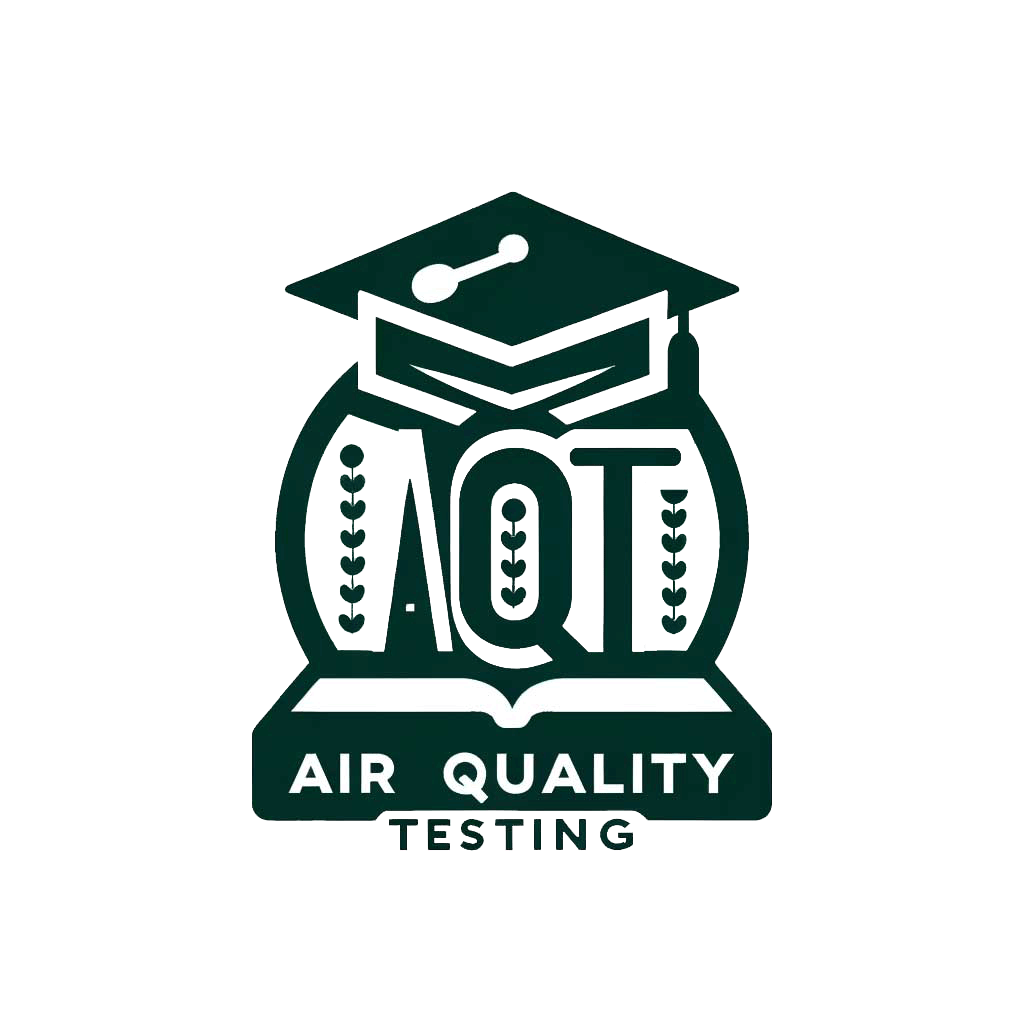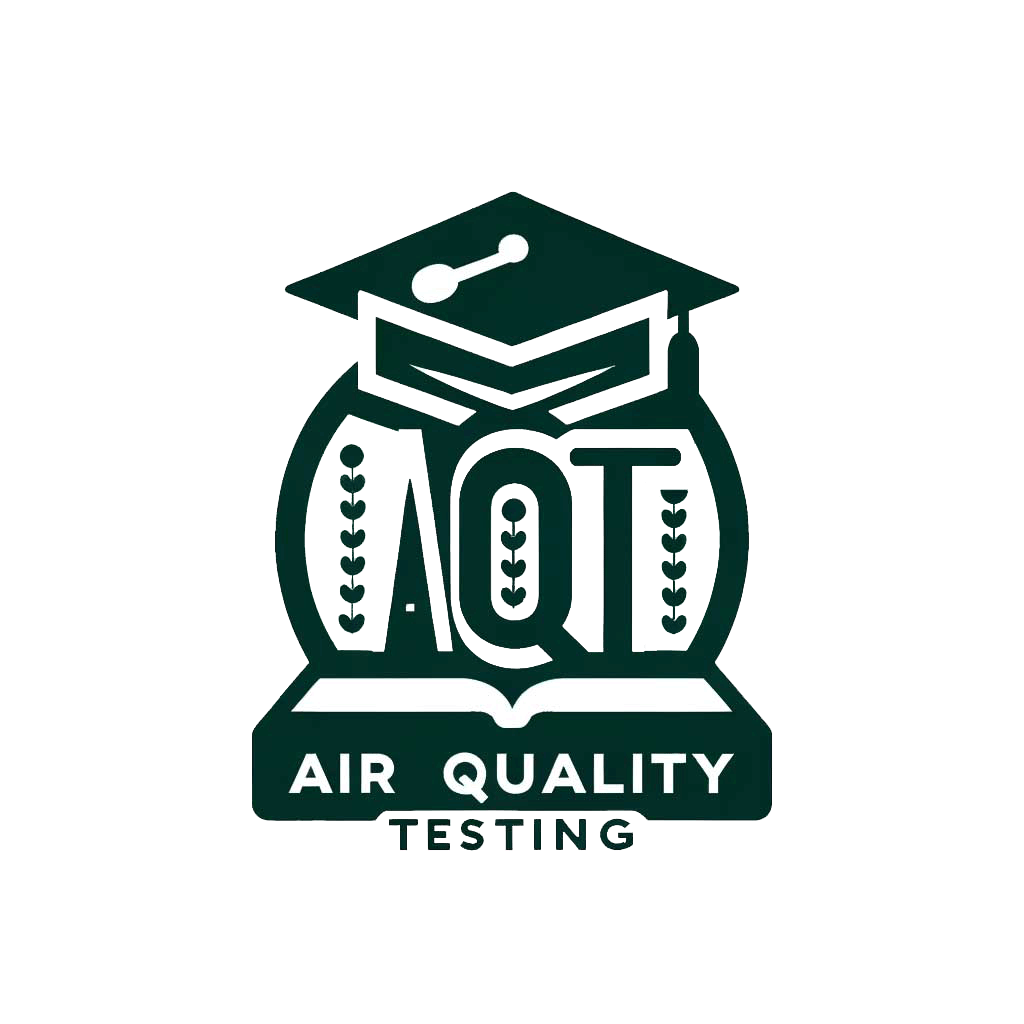Comparison Guide


Comprehensive Guide to Air Duct Cleaning Frequencies for Various Scenarios
Introduction:
Welcome to DuctCleaning.org, the ultimate resource for all your duct cleaning needs. Maintaining clean air ducts is crucial for both residential and commercial settings. Proper duct maintenance ensures good indoor air quality, efficient HVAC performance, and a healthy living or working environment.
This comprehensive guide aims to offer a detailed understanding of the different scenarios that require air duct cleaning. Whether you are a homeowner concerned about allergens or a business owner looking to comply with industry regulations, our exhaustive list covers a wide range of situations. Visit our When to consider duct cleaning page for more information.
Why Frequency Matters:
The frequency of duct cleaning can be influenced by a variety of factors such as climate, usage patterns, and specific contaminants. While some situations require only periodic checks, others may necessitate more frequent cleaning. Understanding these scenarios helps in planning an effective maintenance schedule, ensuring you’re not wasting resources on unnecessary cleanings or risking health by postponing needed services.
How to Use This Guide:
The guide is structured into several categories, ranging from general maintenance and environmental concerns to specific living conditions and commercial settings. Each scenario is accompanied by a recommended cleaning frequency and a detailed reason why cleaning is necessary. Additional columns offer special considerations that may affect the frequency of cleaning.
Feel free to consult this guide to identify scenarios applicable to you and understand when you might need to schedule your next duct cleaning service. Always remember that consulting a professional HVAC technician for a tailored assessment is recommended for a thorough and effective cleaning process.
| Scenario | Frequency | Reason | Special Considerations |
|---|---|---|---|
| General Maintenance | |||
| Accumulation of Dust and Allergens | Every 3-5 years | Build-up of dust, pollen, pet dander, and other allergens | Climate may necessitate more frequent cleaning |
| Improved HVAC Efficiency | Every 3-5 years | Cleaner ducts improve airflow and HVAC efficiency | Check more often if you have an older system |
| Environmental Concerns | |||
| Mold and Mildew Growth | As needed | Presence of mold or mildew in the ducts | Check after floods or water damage |
| Pest Infestations | As needed | Rodents or insects in the ducts | More frequent in rural areas |
| High Pollen Seasons | Seasonally | High pollen levels outside affecting indoor air quality | Especially important for allergy sufferers |
| Wildfires Nearby | After wildfire seasons | Smoke and ash from wildfires can infiltrate ducts | Check HVAC filters more frequently |
| Visibility & Smell | |||
| Visible Debris | As needed | Dirt or particles seen being released from vents | After home renovations or repairs |
| Foul Odors | As needed | Persistent smells from pets, cooking, etc. | May need additional air quality tests |
| Health Reasons | |||
| Allergies or Respiratory Issues | As needed | Allergies or respiratory issues experienced by household members | Seasonal allergies may require more frequent cleaning |
| Elderly or Immunocompromised Individuals | Every 2-3 years | Enhanced air quality can benefit those with weaker immune systems | More frequent cleaning may be beneficial |
| Pregnancy | As needed | Improved air quality for expectant mothers | |
| Specific Living Conditions | |||
| Newly Constructed or Renovated Homes | Immediately after construction/renovation | Dust and debris from construction | Particularly if asbestos or lead paint was disturbed |
| Pet Owners | Annually or as needed | Pet hair and dander | More frequent if you have multiple pets |
| Smokers in the Household | Every 2-3 years | Tobacco smoke can leave residues and odors | |
| Frequent Cooking | Every 1-2 years | Cooking fumes and food particles | Especially important for deep-frying or grilling indoors |
| Commercial & Industrial Settings | |||
| Healthcare Facilities | Varies; consult regulations | Regulatory requirements and concern for patient health | Follow specific industry guidelines |
| Manufacturing Plants | Varies; consult regulations | Industrial emissions and particles | May need specialized filtration systems |
| Food Processing | Varies; consult regulations | Regulatory requirements and food safety | Follow specific industry guidelines |
| Schools and Educational Institutions | Annually or as per guidelines | Children’s health and regulatory requirements | More frequent in older buildings |
| Gyms and Fitness Centers | Every 1-2 years | Sweat and humidity can cause microbial growth | Check HVAC filters more frequently |
| Hotels | Every 2-3 years | Varied usage patterns and the need to maintain a high standard of cleanliness | Guest complaints may warrant immediate inspection |
| Additional Scenarios | |||
| Public Transportation Hubs (airports, train stations) | Every 6 months to 1 year | High volume of people and luggage can bring in contaminants | Follow specific industry guidelines |
| Day Care Centers | Every 6 months to 1 year | Young children are more susceptible to airborne contaminants | More frequent cleaning during flu seasons |
| Co-working Spaces | Every 1-2 years | Varied usage and diverse activities can contribute to duct contamination | |
| Auto Repair Shops | Every 6 months to 1 year | Exposure to various industrial materials | May need specialized filtration systems |
| Restaurants | Every 6 months | Cooking fumes and food particles | Local health guidelines may dictate more frequent cleaning |
| Libraries | Every 2-3 years | Dust from books and low activity can accumulate | |
| Churches and Places of Worship | Every 2-3 years | Infrequent but varied use | More frequent if there are community events |
| Shopping Malls | Every 1-2 years | High foot traffic and varied store types can contribute to air quality concerns | |
| Theaters | Every 1-2 years | Popcorn fumes, high occupancy, and low activity during shows |
This expanded chart includes a variety of different scenarios, from residential to commercial and industrial, and it also includes additional special considerations that might affect the frequency of air duct cleaning. Always consult a professional HVAC technician for a tailored assessment.
Conclusion:
We hope this exhaustive guide serves as a valuable resource for understanding when and why air duct cleaning is necessary. Keeping your ducts clean is not just about improving HVAC efficiency; it’s about creating a healthier environment for everyone. Always choose reputable and experienced duct cleaning companies for the best results.
frequently asked questions
How often should I clean my air ducts?
General guidelines recommend cleaning every 3-5 years. However, the frequency can vary based on several factors such as allergies, pet ownership, and environmental conditions.
Is it necessary to clean air ducts immediately after construction or renovation?
Yes, it's highly recommended to clean your ducts immediately after any construction or renovation to remove dust and debris that may have accumulated.
What are the signs that my air ducts need cleaning?
Visible debris, foul odors, and reduced HVAC efficiency are common signs. In some cases, mold and mildew or pest infestations may make immediate cleaning necessary.
I have pets; does this affect how often I should clean my ducts?
Yes, pet owners should consider cleaning their ducts annually or as needed due to the accumulation of pet hair and dander.
How do environmental factors like wildfires affect duct cleaning frequency?
If you live in an area affected by wildfires, it's advisable to check and potentially clean your ducts after each fire season to remove ash and soot.
I have allergies. Will regular duct cleaning help?
Regular duct cleaning can help reduce the levels of allergens and improve indoor air quality, which could be beneficial for allergy sufferers.
Are commercial settings subject to different duct cleaning frequencies?
Yes, commercial and industrial settings often have specific regulations and may require more frequent duct cleaning.
What are some special considerations for healthcare facilities?
Healthcare facilities must adhere to stringent regulations and may require specialized filtration systems. Consult industry guidelines for precise cleaning frequencies.
Do older HVAC systems require more frequent cleaning?
Older systems may be less efficient and could require more frequent checks and cleaning to maintain optimal performance.



 NADCA
NADCA 


